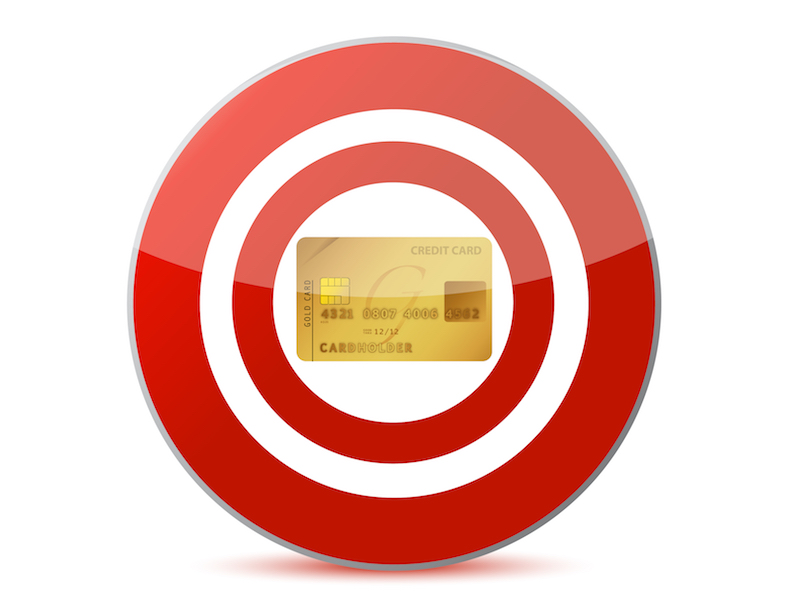The Real Reasons Retailers Push Branded Credit Cards

When shoppers hit the counter of their favorite retailer this holiday season, they may be asked to sign up for the store’s branded retailer credit card in exchange for a discount on their purchase.
The cards are often a better deal for the stores than they are for consumers.
*** SPECIAL NOTE *** – If your credit cards, personal loans, or medical debts have become unmanageable and you owe over $20,000… then go here for debt relief. We can help!
There are some perks to consumers—store cards, or private label cards as they’re known in the industry, are a good starting point to build up credit score, and there can be rich rewards for frequent shoppers.
In general, though, these branded cards carry higher interest rates than general purchase cards and have lower limits. That makes them more expensive for consumers.
Retailers’ Secret Behind Branded Credit Cards
For retailers, store cards are a growing profit center.
Private label card use by consumers grew nearly 12 percent per year from 2009 through 2012, according to the most recent data from the Federal Reserve.
They’re an easy way for stores to build loyalty, collect data, and—of course—earn revenue from consumers.
Retailers are so invested in turning customers into private-label cardholders, that they often offer their sales clerks cash incentives for signing people up.
One big reason that retailers like store credit cards is that they encourage customers to spend more.
More than 60 percent of consumers say that they shop more often with retailers with whom they have a store card, and they’re also more receptive to communication about events and promotions by that retailer, according to a market research report from Packaged Facts.
Not only do store cards encourage more spending and build loyalty for merchants, but they also give the stores access to valuable consumer data.
Plus, they cost less to process than other forms of payment. They’re also often compatible with mobile pay systems, which are expected to grow more dominant in future years.
Retailers Control The Card Approval Process
Since retailers often control the approval process, they’re able to give cards to consumers who might not qualify for general-purchase cards, and to charge them interest on the balance.
In 2014 private-label credit and debit cards generated $254 billion in sales, according to Business Insider.
They account for a large share of purchases at major retailers, used for nearly 60 percent of sales at Kohl’s and nearly 50 percent of sales at Macy’s last year, per an analysis by credit card consultant Ryan Douglas at First Annapolis.
The growing importance of private-label and general credit cards reflects a shift among consumers, who shied away from credit in general after the Great Recession.
The average number of credit cards held by consumers has been ticking up in recent years according to the Consumer Financial Protection Bureau.
Those numbers could continue to increase as cashiers suggest new credit cards over the coming months.
At Americor, we understand the unique financial challenges people are facing today.
As America’s trusted source for debt relief solutions, we aim to empower you with financial knowledge that can lead to informed decisions, whether it’s about savings, investments, or managing debt.
If your debt has become unmanageable and you have difficulty making your debt payments each month, then you should consider a FREE consultation call with one of our certified Debt Consultants, who can provide personalized debt relief advice tailored to your specific needs.
By taking proactive steps today, you can put an end to your financial stress and work towards a brighter financial future.
Remember, there is always hope for debt relief, and our team of experienced professionals are ready to guide you on your journey to regaining control of your finances.
For more information on Americor’s debt relief services, contact us today to see how we can help you eliminate your debts, and get on the fast-track to becoming completely debt-free!